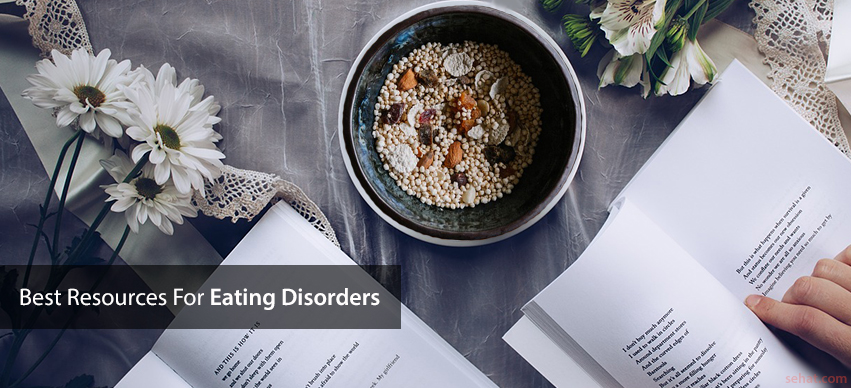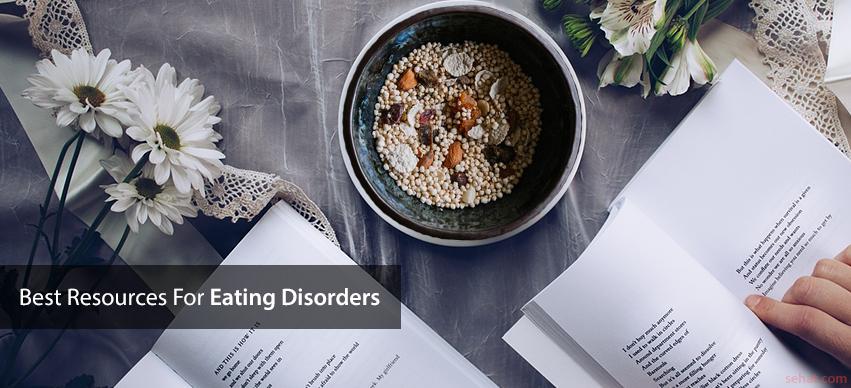How Communities Are Changing the Way We Think About Aging in..
8 Min Read


If you suffer from some form of eating disorder, it’s important to seek immediate help. Contrary to popular belief, eating disorders don’t just affect women – anyone can contract this serious mental disease. Anorexia and Bulimia Nervosa are two common types of eating disorders affecting the general population. There’s also a third type – Binge Eating Disorder – that varies slightly from the other two.
Anorexics and bulimics are extremely conscious of their weight. They engage in unhealthy behaviors such as self-induced vomiting or prolonged fasting in an attempt to maintain a low body weight. Binge-eaters, on the other hand, tend to eat compulsively but don’t engage in unhealthy tendencies to control their weight.
Although there’s a vast selection of online resources that provide accurate information about eating disorders, the e-books and publications offered at tapestry are simply the best. These contain helpful insights concerning Binge Eating Disorder (BED) including how this condition is treated as well as its symptoms. People who engage in sports are usually at higher risk of developing eating disorders. Athletes often condition their bodies to withstand competition and emerge the best, making them susceptible to anorexia and bulimia. Teenage girls with body image issues are also vulnerable to anorexia and binge-eating.
There are several non-profit organizations that dedicate their efforts to offering resources regarding eating disorders to residents within the United States. National Eating Disorder Association (NEDA) is the largest organization within this category. This association strives to offer bulimics, anorexics and binge-eaters the best treatment referrals in the country. Delightfully, there are several preventive options that help young people to steer clear of eating disorders.
Bulimics often have a hard time admitting that they’re struggling with a mental condition. Bulimia Nervosa is characterized by eating excessively and uncontrollably within a few hours, followed by feelings of guilt and attempts to reverse their actions. Bulimics usually engage in self-induced vomiting, over-exercising or caloric restrictions in an attempt to maintain their small weight. However, BulimiaHelp.org is slowly helping bulimics change their negative self-perceptions by offering an online program they can turn to. The organization’s website contains a variety of books and resources that can help bulimia patients lead better, more fulfilling lives.
If you’re dealing with any mental issue, Psych Central is the go-to online resource. It contains helpful guides to all three eating disorders and even helps individuals to figure out if they unconsciously suffer from a certain disorder. In addition, Psych Central tries to raise awareness on the immense suffering that affected families go through when dealing with individuals with eating disorders. This website also offers helpful resources to people suffering from anxiety, panic attacks, addictions, bipolar disorders and a variety of other mental health issues. It’s an all-inclusive resource that suffering individuals can utilize.
It’s possible to recover from Binge-Eating Disorder, anorexia and Bulimia Nervosa. However, early detection of these conditions helps to accelerate treatment and improves chances of recovery.